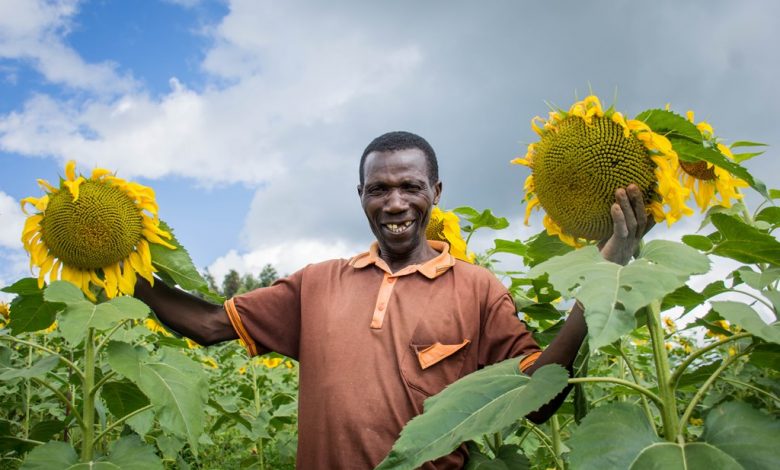Growing rural prosperity and resilience through crop diversification

Conversations on food security usually center on staples, such as maize, because our country’s sustenance depends on them. However, since our farming depends on specific crop varieties bred and adapted to low-input farming, our vulnerability to food insecurity is compounded by the absence of substantive diversification. Diversifying our farmed crops may hold the key to our country’s food and nutrition insecurity, rural prosperity, and the resilience of our agricultural systems.
Crop diversification is an important coping mechanism for income, production, and marketing risks. By diversifying, farming households can spread production and economic risk over a wider range of crops, reducing financial risks associated with unfavorable weather or market shocks. Growing diverse produce can also expand available market potential: farmers who practice diversification harvest at different times of the year, which buffers against the price-related income shocks associated with dependence on similar cropping cycles.
Nutritionally, on-farm diversification provides greater dietary diversity for direct household consumption. Improving economic access to a variety of foods brings significant health and nutritional benefits to farming households and communities. Additionally, finding the right level of diversification is important to sustain its positive benefits on farm incomes. Both on-farm diversification and specialized production can improve a household’s resilience to climate-related risks — diversification can generate savings due to its positive effects on the agroecosystem, which reduces dependence on production inputs such as fertilizer or pesticides.
Transforming communities
While individual farms often increase productivity and competitiveness through specialization, getting entire communities to practice crop diversification increases available produce at the community level, increasing both available nutrition products and income streams and employment opportunities.
This is the model that One Acre Fund-Tanzania champions: encouraging entire communities to adopt and farm new crops that respond to nutritional, income, and climate needs; such as sunflower, coffee, potatoes, avocado, and apples.
The decision to diversify crops is particularly challenging for farmers, as they are unwilling to risk their livelihoods for new crops they cannot be sure about. By incorporating short and long-duration crops and guaranteeing smallholders access to inputs, resource subsidies, and markets, we are inspiring farmers to adopt diversification.
Early this year, One Acre Fund collaborated with the Ministry of Agriculture to distribute sunflower seeds to farmers at no cost on a trial basis which will result in scaling of the highly profitable crop in 2023. Ezekia Lyaumi, one of the farmers who took part in the trial, likes that the return on investment for sunflower is greater than most crops. “Maize prices have declined as fertilizer prices multiply. I want to invest more in alternative crops that fetch higher profit,” says Ezekia.
Smallholders in sub-Saharan Africa are scrambling to adapt their farms to a changing climate, and diversifying crops, like Ezekia has done, can help them weather the changes, ensuring farmers can still have successful yields.
Policy shifts
Our reliance on smallholders for our food needs cannot be overstated. This is why we need to match the daily risks and responsibilities farmers face – as well as the financial, technical, and technological support needed – to ensure food security. We must actively promote agricultural policy that supports the shift to crop diversification by guaranteeing access to inputs and applicable subsidies. In other words, we must design farm input access programs that allow for a broader range of inputs and services to support a wider range of crops.
Secondly, we must continue investing more in agricultural research and development, particularly in practices, technologies, and climate and nutrition-sensitive services. In the same vein, we must increase the accessibility of agricultural advisory services, training, and relevant information, tailored to different types of farmers.
Lastly, ongoing efforts by the government to intensify crop diversification should remain a priority policy to ensure we onboard as many farmers as possible. One way we can encourage this is through policies that ensure smallholder farming households’ access to credit and farming knowledge. For instance, we can expand our work in enabling financing/credit is offered to farmers with low-interest rates and without collateral — lenders can grant the loans on a productivity basis to ensure repayment.
Ms. Musetti is the External Relations Manager at One Acre Fund-Tanzania.





